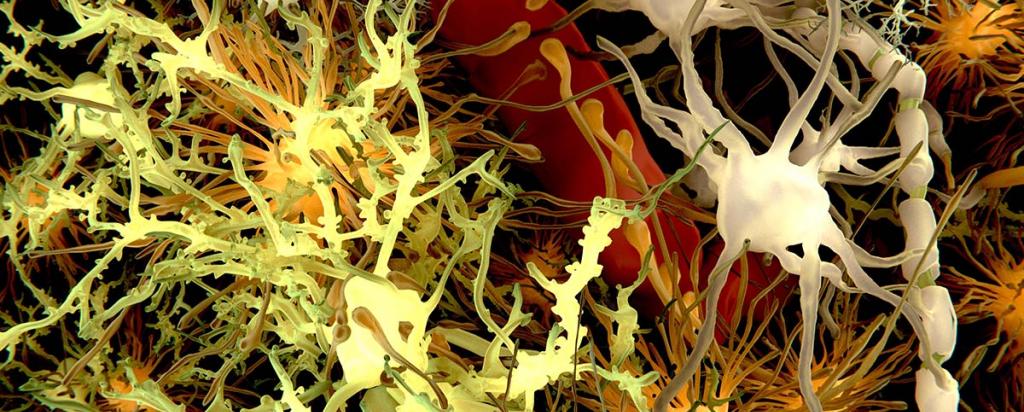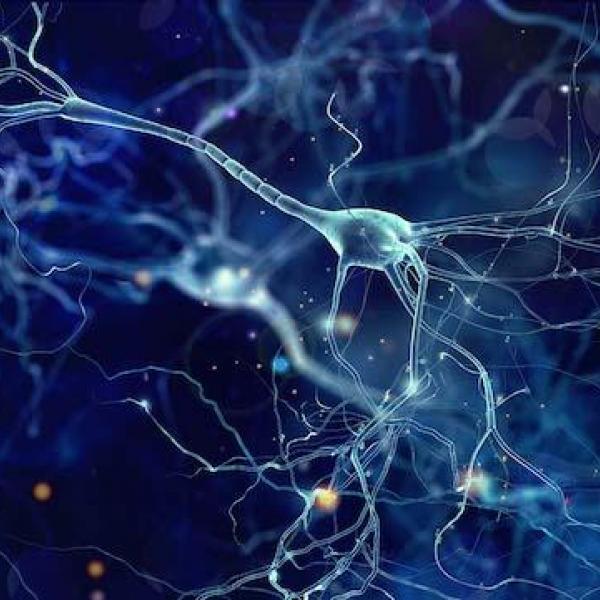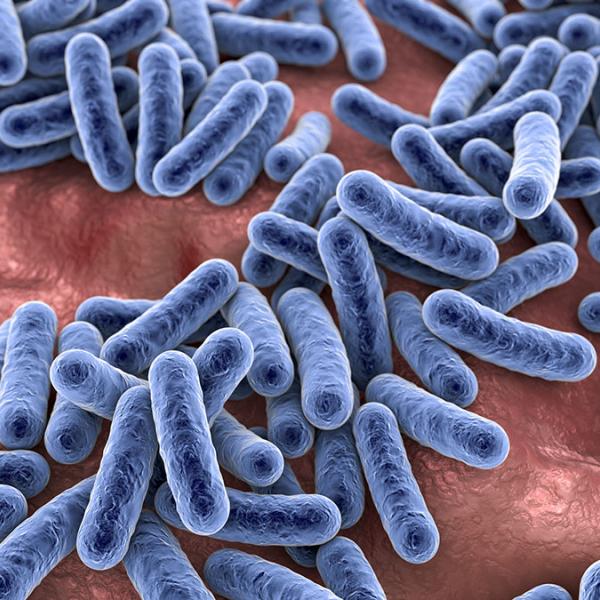

Understanding disease - Causation and progression

This program uses ANSTO’s nuclear capabilities to identify, quantify, and monitor the mechanisms which cause, or influence the development and progression of chronic diseases in order to gain knowledge and develop tools to improve human health.
Areas of focus:
Toxicology of Nanomaterials
Neurodegenerative Diseases
Toxicology of Nanomaterials
Optimisation of methodology for the assessment of exposure to nanoparticles in living cells
Working with our collaborators in Europe, Human health researchers are using ANSTO’s specialist infrastructure in combination with a radiotracer of the common food additive E171 titanium dioxide, to assess dosing and exposure within the body after ingestion of manufactured nanomaterials
Neurodegenerative Diseases
Role of the microbiome in the pathogenesis of Alzheimer’s Disease
An emerging link between the gut-brain-microbiome has been associated with numerous neurological and mental health conditions including schizophrenia, depression and dementia. With collaborators at the Microbiome Research Centre at St George Hospital and Western Sydney University, human health researchers will undertake microbiome sampling and analysis combined with in vivo imaging and behavioural testing to monitor the microbiome during the course of Alzheimer’s Disease.
Mitochondrial 18 kDa Translocator Protein (TSPO) as a biomarker of inflammatory disease
Human health researchers are using the mitochondrial 18 kDa Translocator Protein (TSPO) as a diagnostic biomarker of disease progression but also as a therapeutic target. Building on ANSTO knowledge of the TSPO, and in-house developed TSPO-specific radiotracers and the TSPO knockout (KO) mouse, a network of collaborators and partners has been established to elucidate the fundamental aspects of TSPO function in relation to disease.

White sweets containing titanium dioxide


